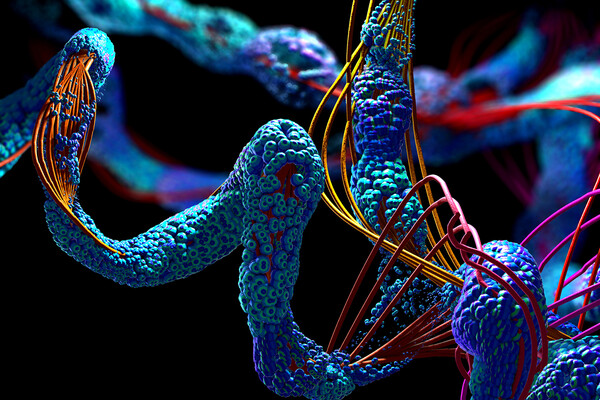
Articles from From Penn Engineering Today

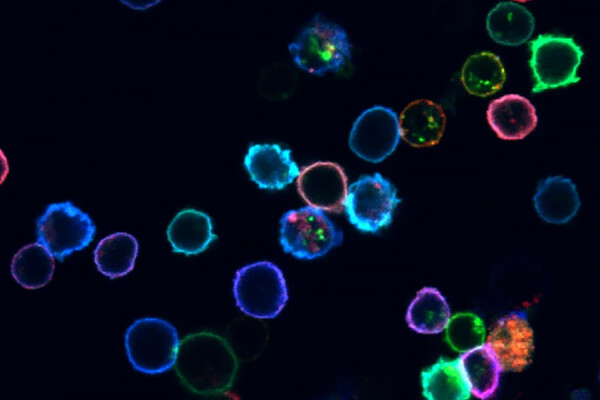
A new chemistry technique developed by Jina Ko introduces a method for multiplexed temporospatial imaging of living cells with immunofluorescence. (Image: Penn Engineering Today)
Bioengineering technology keeps track of living cells and tissues

Using a deep neural network of optical waveguides, the researchers’ chip—smaller than a square centimeter—can detect and classify an image in less than a nanosecond, all without the need for a separate processor or memory unit. (Image: Ella Maru Studio/Penn Engineering Today)
A chip that can classify nearly two billion images per second
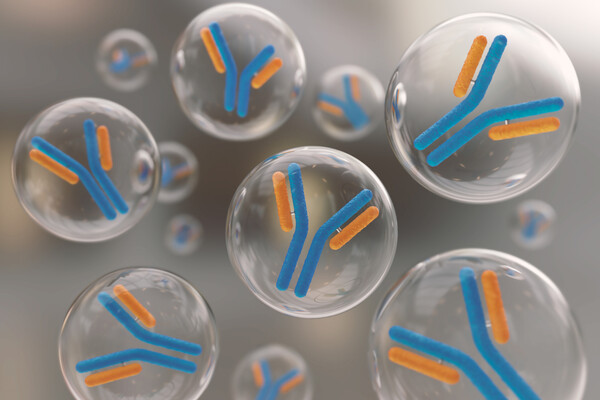
A new method could enable a patient’s own antibodies to eliminate their tumors
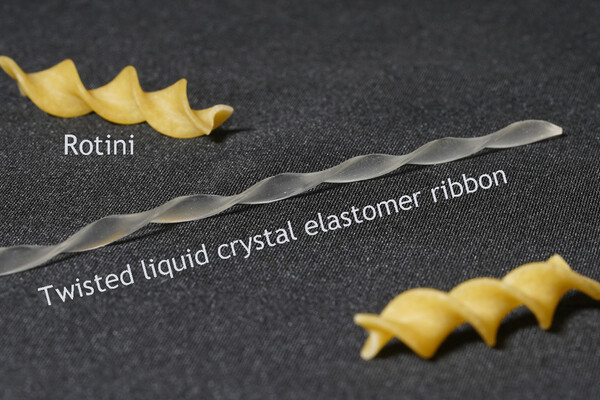
Image: Courtesy of North Carolina State University
Soft ‘rotini’ robots navigate with a snap
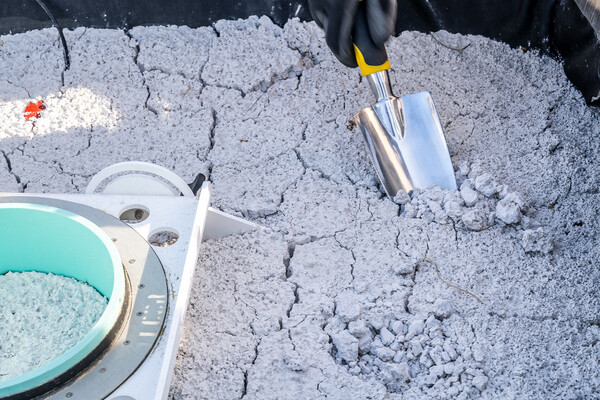
Peter Psarras and his students study the fundamentals of storing captured carbon in rock waste, conducting experiments at the Pennovation Center. (Image: Penn Engineering Today)
Prioritizing environmental justice while capturing carbon from the air
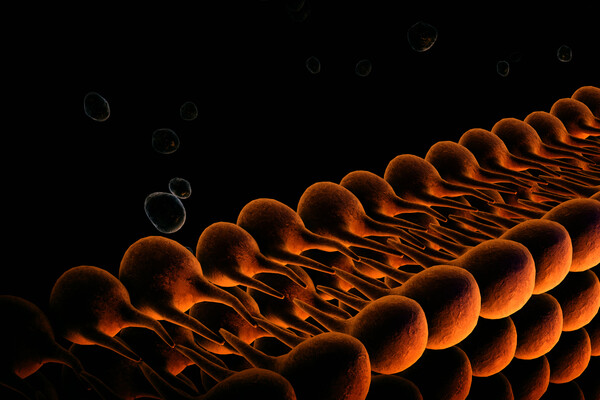
Making chemical separation more eco-friendly with nanotechnology
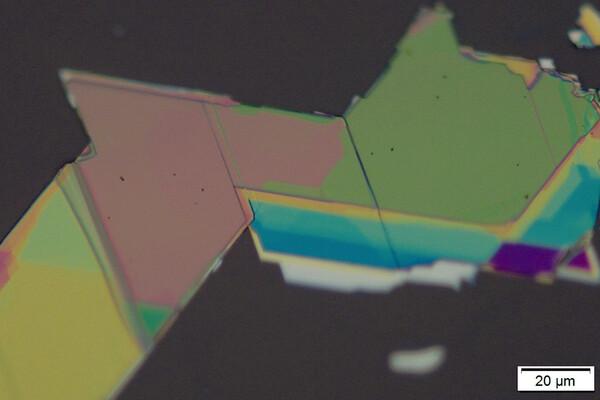
The different colors in this sample of iron phosphorous trisulfide (FePS3) correspond to regions with varying thicknesses, which form different “cavity” modes at different wavelengths. (Image: Penn Engineering Today)
Discovering new ways to control light
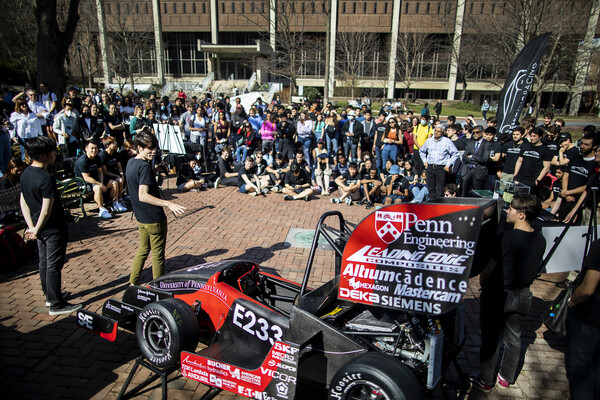
Penn Electric Racing introduced their new race car, REV7, at the official unveiling on March 18.
Penn Electric Racing unveils new REV7 race car despite pandemic setbacks
